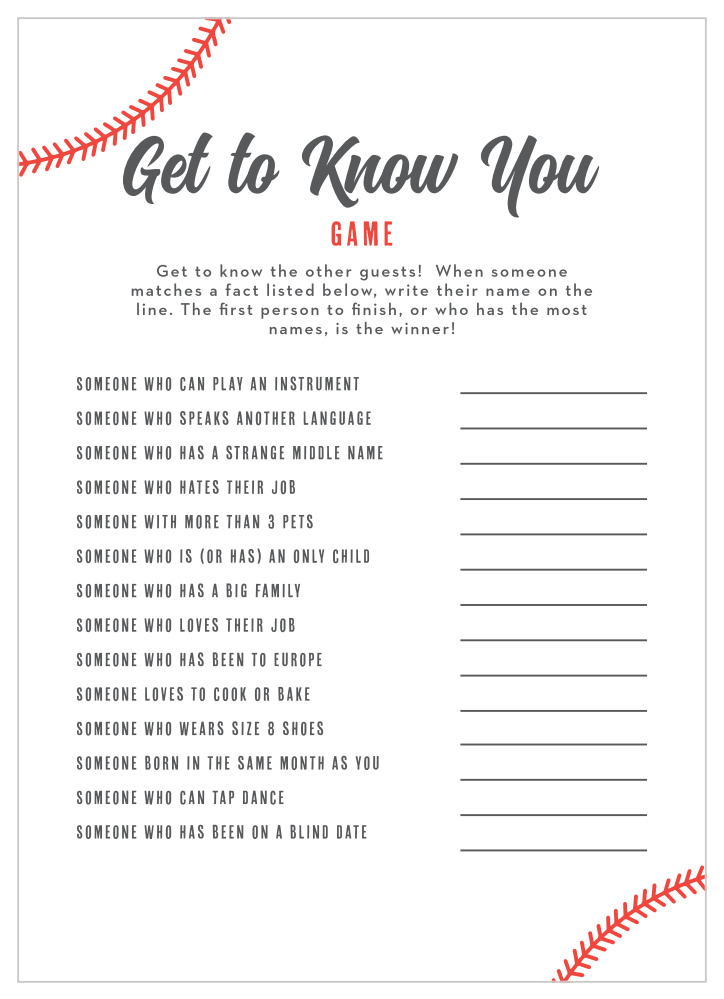
Reactionary crises like these hurt everyone even when the aim of each and every person was to minimize their own risk. Aggregate demand is affected through a cycle by expectations, and if the beginning of the cycle itself is pessimistic, the end is bound to be the same. If collective expectations fail and collective output fails, the markets crash due to powerful selling. Here, the investors sell off to minimize their personal risk – but the collective output is lowered because everyone collectively reacts in the same way – by becoming bearish, just like how Keynes suggests that investment is highly based on expectations. When a retail investor starts losing trust in others like him, he essentially becomes entrapped in the Prisoner’s Dilemma by becoming bearish on the market. People presume the market to be institutions and exchanges – but the market is a massive collective – and the majority of it is formed by the common man and their common (or not so common) interests. Loss of trust is critical – intense loss of trust in the overall market. While the dilemma does maintain a strong measure of neutrality between the various schools of economics, it does take support from Keynesian theories to explain human behaviour in times of crisis. The Great Depression which lasted from 1929 to 1939 is a key display of this phenomenon in the stock market and socio-economic terms. The largest being the risk-averse retail investors and common consumers in the economy, whose decision making affects the collective “trust” in the economy and the market. Stock market crashes and financial crises are often the effects of the Prisoner’s Dilemma where there is a rapid loss of trust in the market and by extension in the economy by the participants.

Delayed gratification also plays a part – can you set aside current smaller benefits for larger benefits later? This “internal conflict” is time immemorial and is largely based on trust and human qualities of selfishness and loyalty. However, there would always be an internal conflict – “What if the other confesses?” If one behaves selfishly to minimize their own sentence, then the collective result is the worst result in this scenario. The best course of action for both to take would be to seal their mouths shut and not confess. If neither confesses, they are let go, since a conviction would not be possible. If both confess, they are sentenced to 1 year each. If one confesses, the confessor goes free, while the one who didn’t is sentenced to 3 years. They are interrogated separately, and only their confession can get a conviction. The dilemma looks at the conflict between the individual and the collective and is thus one of the most philosophical and humane aspects of game theory.Ī simple exercise explains this: Imagine two robbers arrested for a bank robbery. Originally proposed by Merrill Flood and Melvin Dresher, and later formalized by Albert William Tucker, the “Prisoner’s Dilemma” is one of the key components of game theory. This article analyses reactionary behaviour to crash events in the world of finance and markets and tries to understand how accurately we can predict our peer’s behaviour when dealing with money through the use of a concept called “The Prisoner’s Dilemma”. It is without a doubt that fields such as capital markets and other financial spheres rely largely on human coordination and even more often than coordination, human competition. How one assesses a situation and reacts to it forms the basis of collective human output in all fields. Be it the world of finance, investing, markets, or sports, music, sociology – human behaviour, or more specifically human reactionary behaviour is a key part in all these aspects. Unique crises illicit unique reactions from people to protect their finances.


Throughout history, the world has seen a variety of financial crises and market crashes. Catastrophe, cataclysm, disaster, and “black swan” events are some more literary words one might use to refer to a financial crisis, or one might use more crass, personal language to express their loss. “Crisis” is a buzzword used often in the world of money and finance.


 0 kommentar(er)
0 kommentar(er)
